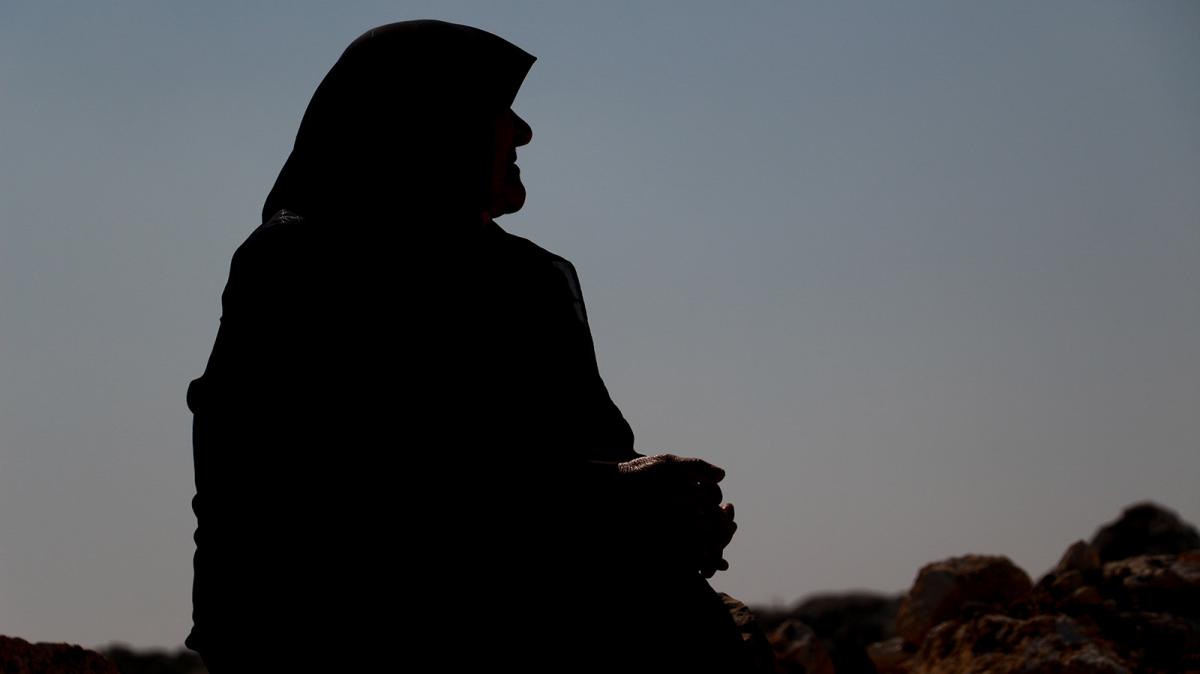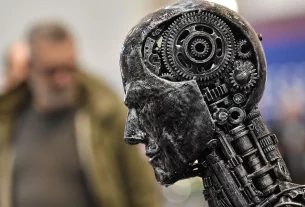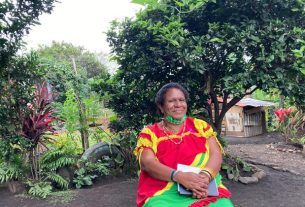International Women’s Day, commemorated every year on the 8th of March, marks women’s achievements and spurs us all to focus more on women’s rights and gender equality. But across northwest Syria, the mood is sombre.
More than 1 month has passed since the earthquake, and the road to recovery will be arduous for Syrian women who have already endured so much. Together with its humanitarian partners, the EU continues supporting them.
Of the region’s 4.6 million inhabitants, 60% are internally displaced, mostly women and children.
The recent earthquake worsened an already dire situation for women in northwest Syria, who, at the best of times, have restricted access to employment and livelihood opportunities.
In many cases, widows struggle to provide for their children where their husband, the traditional breadwinner in more conservative Syrian communities, has been killed due to the years-long conflict.
Thanks to EU humanitarian funding, even before the earthquake, People in Need (PIN) provided aid for thousands of people across northwest Syria.
Through the distribution of electronic cash transfer vouchers, PIN supported displaced women, which has continued after the quake in response to their growing vulnerabilities after the disaster.
“I am receiving vouchers from People in Need that enable my family to meet some of our needs. Our needs are great and have increased a lot since the earthquake,” said Amina, a widow and mother of 5 who living in Idleb in northwest Syria.
“It was the most horrific thing I have experienced. Month by month, conditions are getting more and more difficult,” she explains.
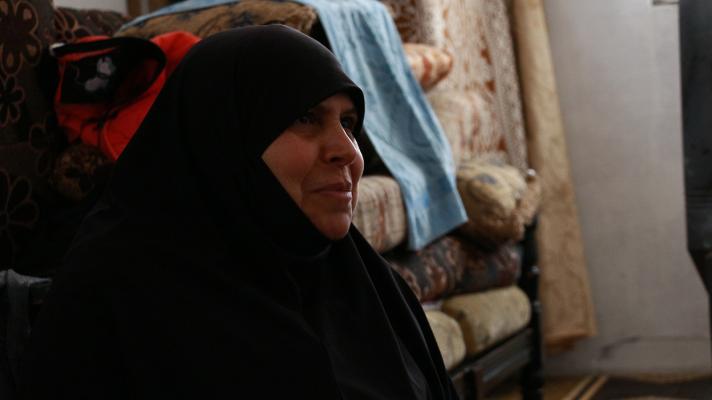
“When the earthquake hit, we were asleep. The walls cracked and the plaster started falling. It was really terrifying,” said Amina.
© People in Need, 2023.
Amina’s husband was killed in an airstrike, and her daughter and son-in-law were forced to flee their already war-damaged home after the earthquake. Having nowhere else to turn, Amina took her daughter and her family in, borrowing money from friends so she could feed them.
“It’s a tragic situation, but this is my burden to bear,” she said.
Through 12 years of unending conflict in Syria, women like Amina have shouldered the burden of supporting their families through trauma that few can imagine.
Fadila, also from rural Idleb, recalled when a warplane bombed her neighbourhood. Seconds after, she ran into the street to bring all the women and children she could into her home to offer them shelter.
Stories of airstrikes and earthquakes, of fear and tragedy, are grimly similar. Even the destruction is difficult to discern – Fadila gestured to the earthquake damage outside her house that may as well have been from an airstrike or shelling.
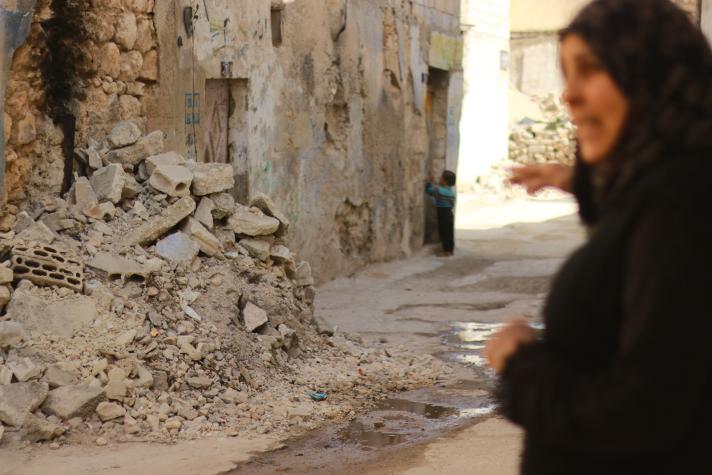
Fadila’s neighbourhood has been damaged by airstrikes, shelling, and now an earthquake.
© People in Need, 2023.
A new reality after the earthquake
For Syrian women, their strength has kept their families together, but the task is a tiresome one.
Recovery after the earthquake will be difficult, as strict gender roles limit women’s options for employment in an already overcrowded job market. Of the entire workforce in Syria, a little over a quarter are women.
“After my husband died, I had to take charge of my family and provide for them, so I took a job in food processing,” said Fadila.
“But it hasn’t been very lucrative in the last 2 years due to high prices and low income. In the past, my home was more like a vegetable market, but now things are desperate,” she explained.
Last year, Fadila began receiving EU-funded cash grants from PIN which continued in the aftermath of the earthquake.
“It is a great project and it helped us so much. I can buy all the food we need and I can even give some to my son. I used the first cash grant to buy diesel for heating,” she said. “Had we not received this support, I would have only been able to heat my home when it is very cold.”
Basic needs, such as food, shelter, and fuel, are priorities for families who have lost their homes in the quake.
“Many families live in tents in fear that their homes will collapse. Fear is dominating our life. My daughter set up a tent near her home, and despite being small, it became very crowded as many people sought shelter there.”
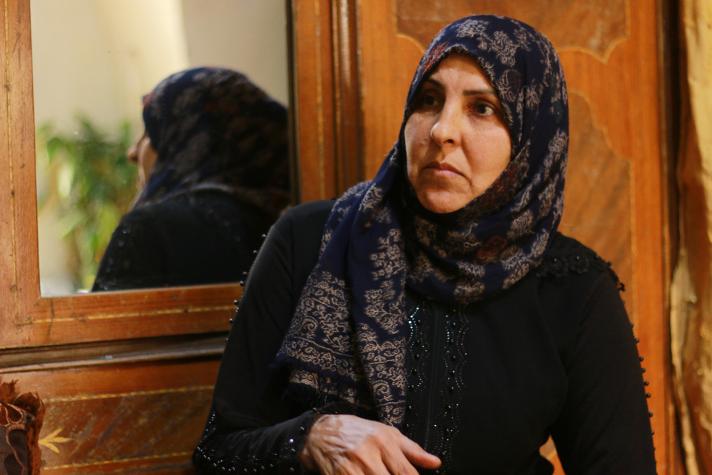
A widow since 2016, Fadila has supported her family through all manner of traumatic events.
© People in Need, 2023.
Thousands of women across northwest Syria are now the main breadwinners for their families. They can benefit from cash grants to help them fulfil this role.
To this end, PIN will continue to support those in need using EU humanitarian funding. Support includes cash distributions and a cash-for-shelter project that will enable families to repair minor damage to their homes sustained during the earthquake.
Story by Kieran James Seager, People in Need’s Communications Manager for Syria and Türkiye.
Publication date: 08/03/2023
